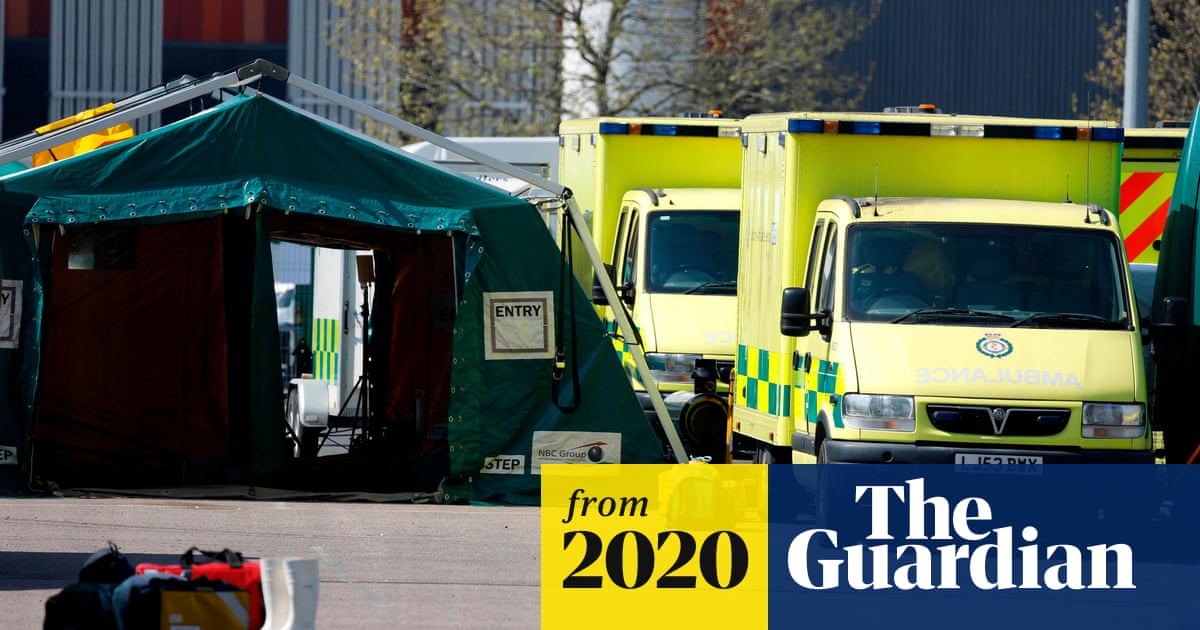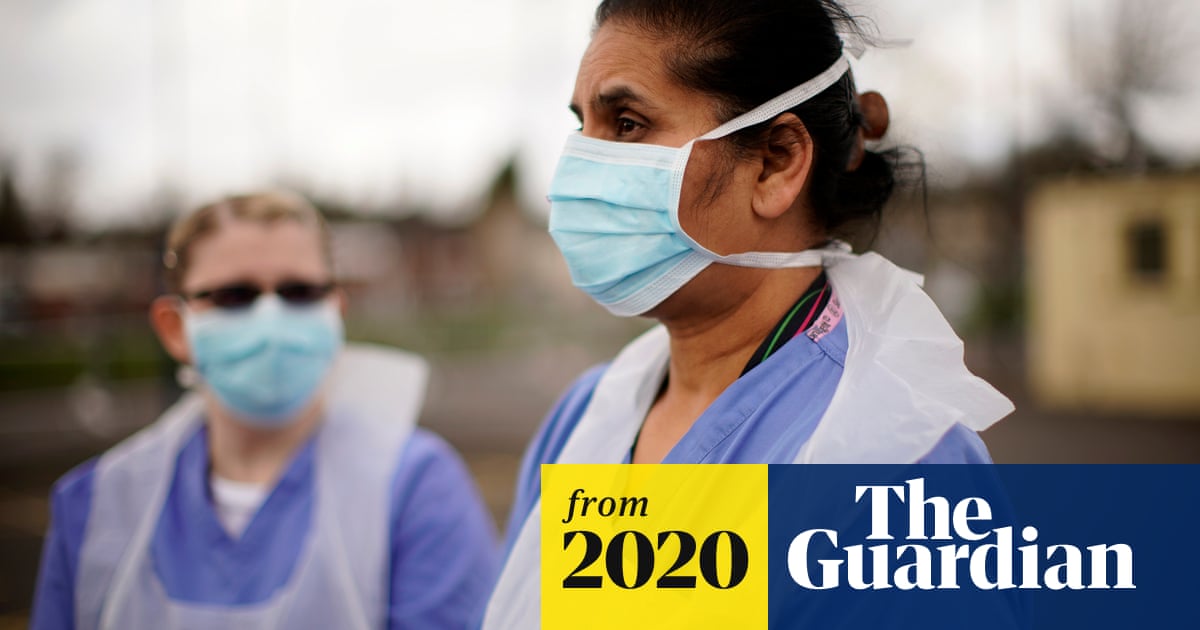Political discourse sharpens over Stroud PPE shortages

By Jamie O’Dell
Post-Brexit, the political discourse in Britain has been largely unitary, productive and framed in the common pursuit of the national interest. There have been many examples of healthy opposition critique and proactive government response to parts of this, convincing evidence that, as with most aspects of life in 2020, the Coronavirus pandemic has changed everything about our daily lives.
Matt Hancock, the Health Secretary, and Jonathan Ashworth, the Shadow Health Secretary, have had constructive debates at the dispatch box, with Hancock even paying tribute to, and welcoming, Ashworth’s scrutiny.

Old habits, however, die hard. While the UK’s single-day death toll last week surpassed Spain and Italy’s, questions over the government’s inability to provide healthcare workers with adequate Personal Protective Equipment (PPE) or achieve a level of testing vaguely comparable to other European states are starting to sharpen.

With these continued shortcomings being laid bare and a heart-breaking number of healthcare workers dying, the government has become increasingly defensive over their handling of the issue. With Priti Patel stating that she is ‘sorry if people feel that there have been failings’ and Hancock warning NHS workers not to overuse PPE.
These examples are representative of a turning tide in the public and political mood. Keir Starmer has switched from his normal understanding and constructive tone to a much harsher critique, describing implications that NHS staff are wasting PPE as ‘quite frankly insulting’. A sentiment echoed by Dame Donna Kinnair, General Secretary of the Royal College of Nursing, who stated that ‘I actually find it offensive that we are saying that healthcare workers are abusing or overusing PPE’.
These debates, however, are not just taking place on a national level; Stroud’s MP, Siobhan Baillie, has labelled Starmer’s statement as ‘divisive nonsense’ and an attempt ‘to cause trouble’. Her statement came with an attached photo of part of the 400,000 pieces of PPE stockpile that arrived in the county on April 7th.
his tweet was one of several by various Conservative MPs attempting to make a similar point on the evening of April 11th. Most notably among these wider examples was the MP for Telford, Lucy Allen, who, rather confusingly, claimed that Starmer was ‘attacking NHS England’.
Baillie’s assertions were subsequently described by the leader of Stroud District Council, Doina Cornell, as being ‘disappointing’. Disputing Baillie’s accompanying claim that she had been asked a lot about PPE since Stamer’s comments, by highlighting that she herself, as council leader, had raised this exact issue with Baillie over a week ago.
To emphasise the scale of the issue here in Stroud, Cornell drew upon the testimony of a Stroud GP, responding to Baillie’s comments, to demonstrate the scale of the issue facing the healthcare workers protecting us, in spite of the PPE delivery referenced.
The quoted GP said: “We have not been provided full PPE. Many of us, for example, have not been provided visors at all. Almost all practices in Stroud have had to buy their own scrubs and other PPE equipment from the internet due to lack of government support. Local charities have stepped in to fill government funding gaps. Nitrile gloves are in such short supply that they can’t be used for every patient. And all of this is just in primary care. This isn’t ‘causing trouble’, this is the grim reality of an unprepared NHS in a pandemic.”
The issue is not just with the provision of PPE, but also in the guidelines the government has set regarding PPE usage. The latest government guidance recommends full PPE for the riskiest procedures, such as suctioning or intubating. This being a long-sleeved disposable fluid-repellent gown (covering the arms and body) or disposable fluid-repellent coveralls, the highest specification filtering face mask (FFP3), a full-face shield or visor and gloves are worn. However, for situations deemed lower-risk, single-use disposable aprons, surgical masks and gloves are adequate.
NHS workers have been voicing their concerns and anger for over a month now as they see this PPE guidance as being driven by the shortage, rather than clinical evidence, and their concerns have been echoed by many healthcare workers within Stroud. One particular issue highlighted by a Stroud based healthcare worker, who wished to remain anonymous, was that whilst their workplace had just enough PPE, that was just enough for these guidelines. Using the examples of many procedures deemed low-risk, such as washing, don’t classify for the higher level of PPE despite some patients testing positive for the virus (although these guidelines are constantly changing).

We owe it to these workers, therefore, to not engage in political discourse centred upon the petty point scoring and defensiveness that has been increasingly on display. Rather, the serious concerns that are being voiced about PPE provision and guidance must be respected, and must be debated with honesty and openness.
There is no point opening our doors to applaud their efforts every week if we spend the rest of our time disparaging their criticism and politising their cries for help. We are not in a military conflict, these people did not, and do not, need to die. So for the sake of those on the wards and in the care homes in Stroud and across the country, we must all listen, engage, and act in our common interest.



Member discussion